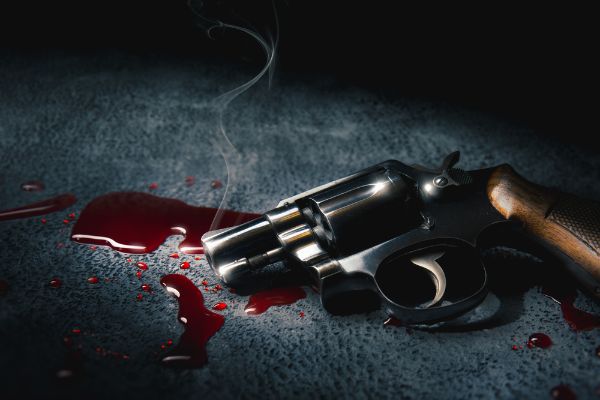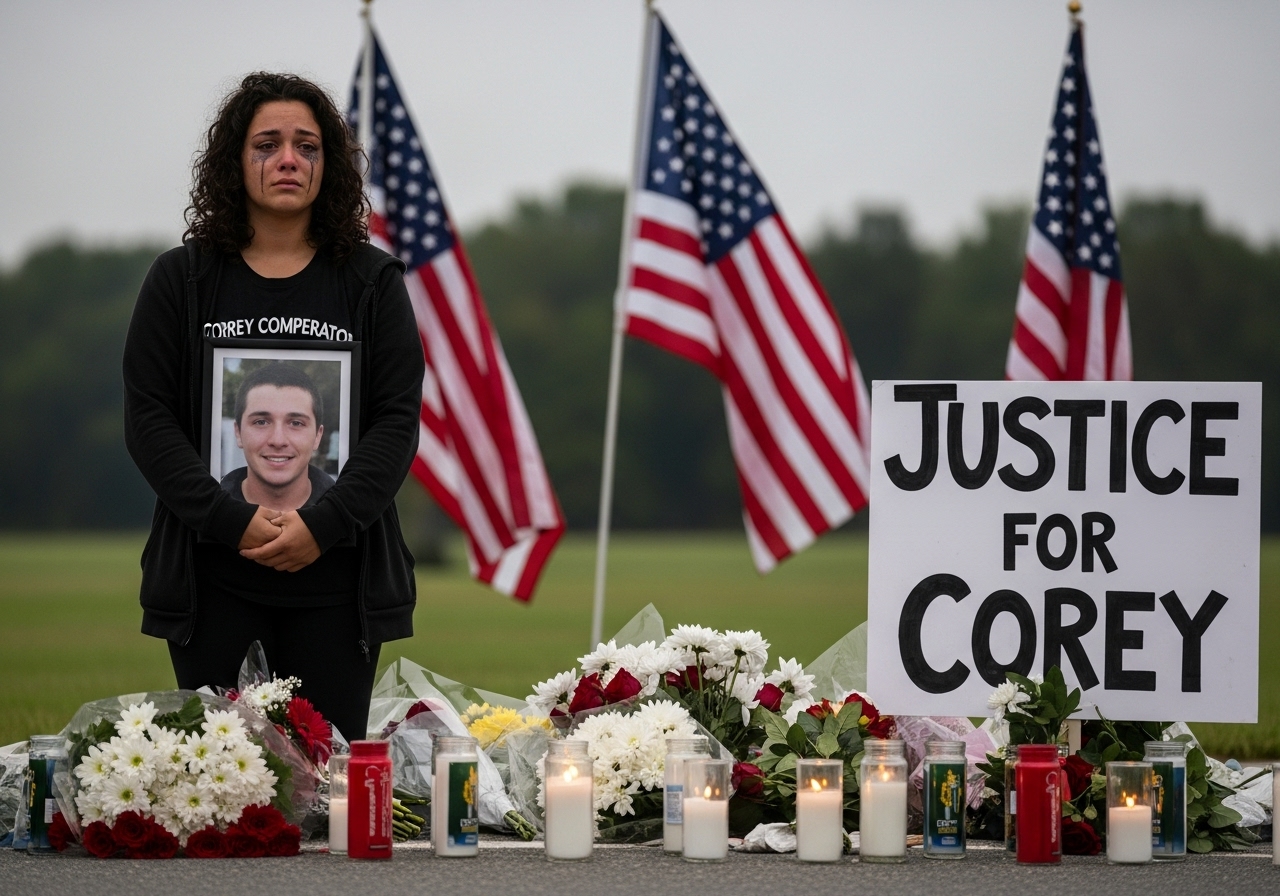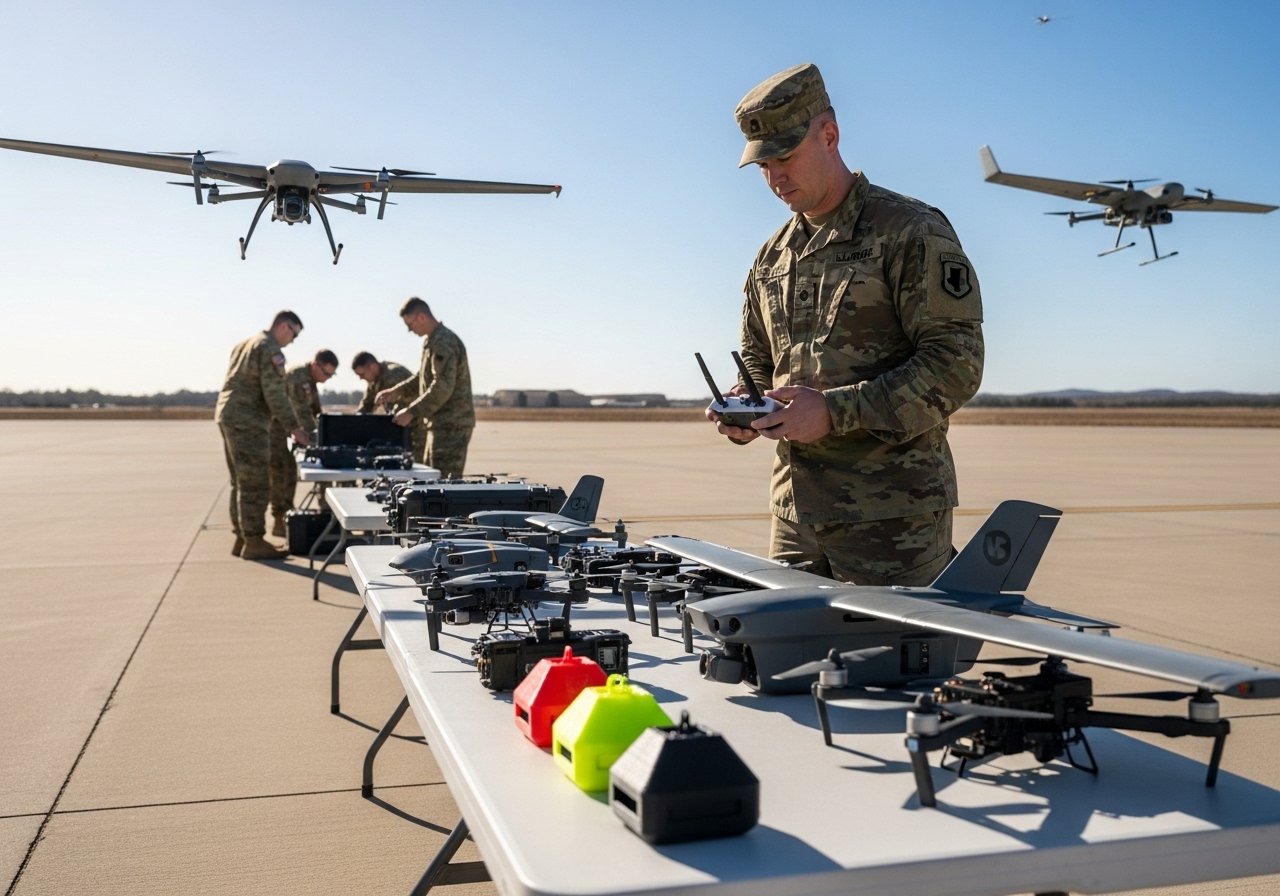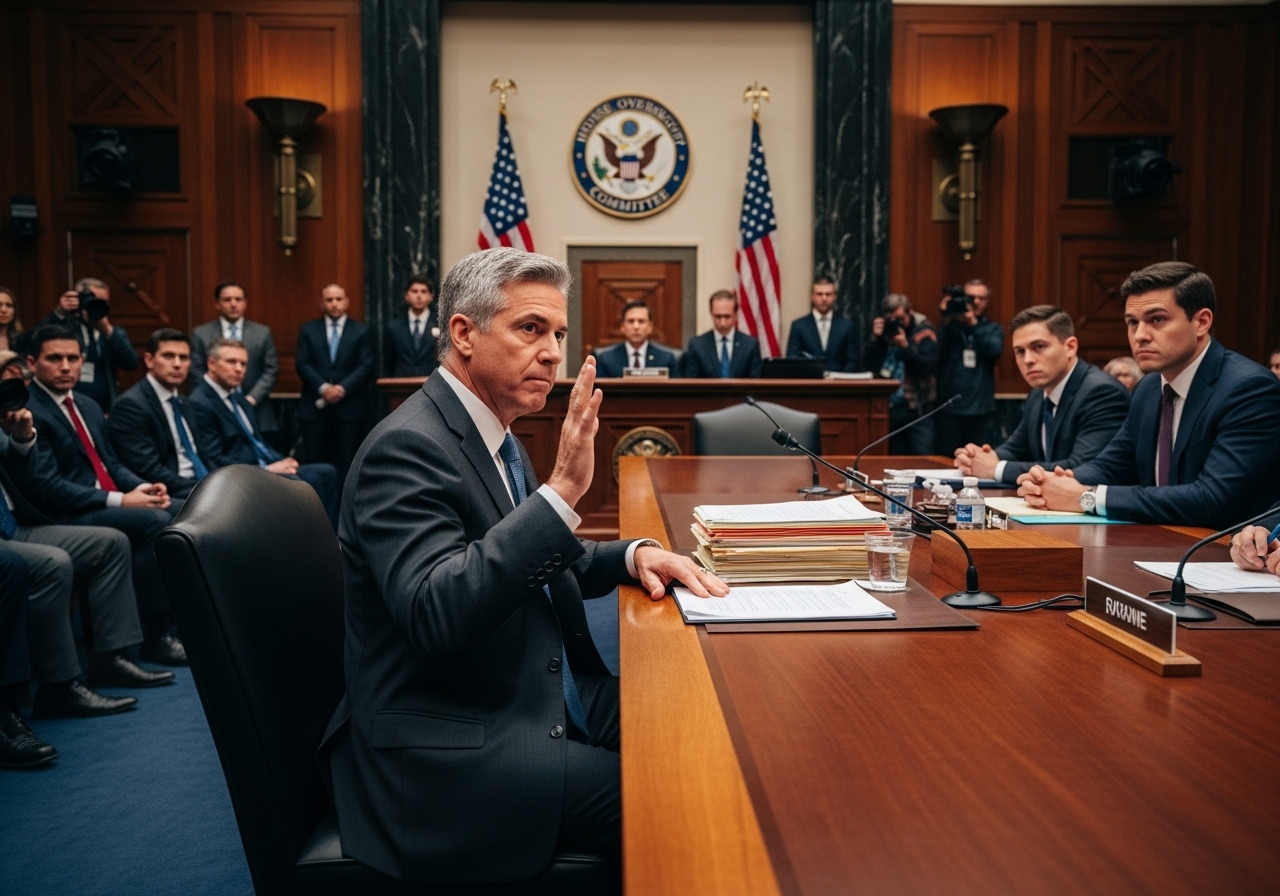Following recent department policy changes, Pittsburgh police will no longer directly attend to calls that aren’t deemed “in-progress emergencies.”
Calls that dispatch deems not to be “in-progress emergencies” will be sent to a phone recording unit. “Creation of an upgraded Telephone Reporting Unit (TRU) running from 7-3 a.m. daily, including weekends,” reads the city’s website. For calls where an officer’s presence is not necessary, dispatch will designate reports to the TRU. Any “in progress” call where a suspect could be present, any offense where someone might need medical attention, any domestic conflict, calls containing evidence, or requests for the Mobile Offense Unit to analyze a scene are all off limits to TRU.
Additionally, there won’t be any desk officers at any of the six municipal police stations between the hours of 3 and 7 a.m., when there are supposedly considerably fewer 911 calls. Call boxes connected to 911 have been erected in their place. There might only be 22 cops working all night to cover the entire city.
“During those hours when we have 8% of the time people are phoning, it’s enough to cover the entire city. Pittsburgh Police Chief Larry Scirotto said, “I’m confident in the judgments that we make, that they affect this agency and this community in a far better way than we have in the past.”
Scirotto blamed a lack of personnel when the city’s police officer count dropped to 740; as of early 2023, the number was 835; a full staff is thought to number 900.
According to Scirotto, before the modifications, around one-third of the police worked overnight, although the majority of calls came in between two p.m. and two a.m. As a result, he claimed, “We’re over-resourcing one shift and running one shift ragged.” “For that reason, I felt this was a really necessary exercise.”
Scirotto said to the Pittsburgh Post-Gazette last week, “On average nights, we’d have seven cops out on the road in each zone, so [we] had like 42 officers, normally.” ” We made 12 cuts. Some believe that I am a 112.
The Fraternal Order of Police #1 president, Bob Swartzwelder, vetoed the proposal, claiming that “they’re running out of personnel very, very rapidly, and they’re being extremely burdened.” He conceded that between 25 and 30 cops could be working the 3–7 a.m. shift, but he insisted that they are doing specialized duties. He stated, “I believe the current approach is a hope and a prayer that they can base everyone on data.” It could turn out to be accurate. It may have terrible consequences.






